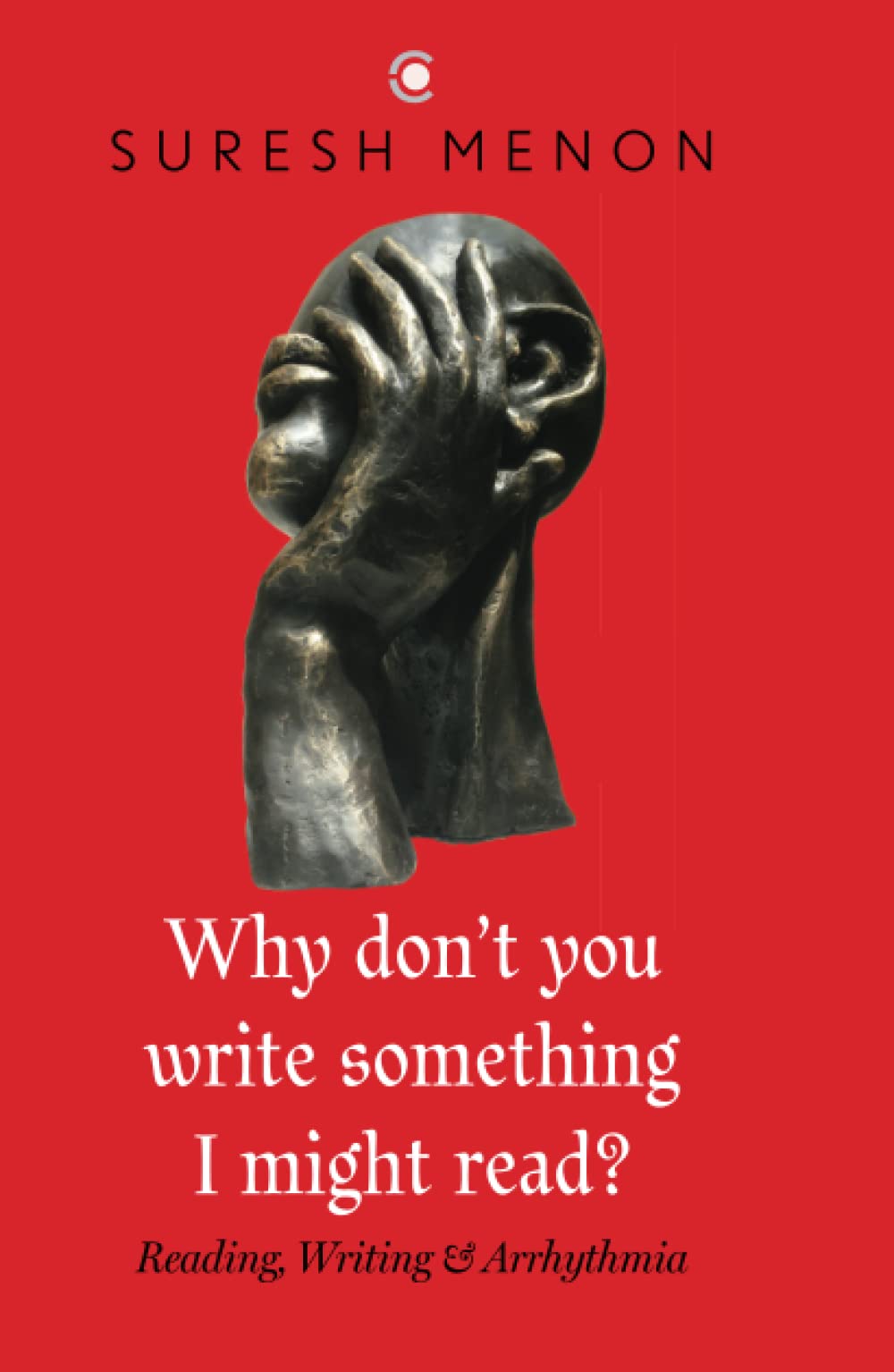What do you think?
Rate this book


288 pages, Hardcover
Published December 27, 2021
That morning Marquesee made the coffee-his companion and fellow traveler Liz Davies had to leave for a meeting- and we also spoke Chola bronzes, the Carnatic music season in Chennai, and his forthcoming book on William Blake. He signed for me a copy of his poetry collection, Street music. вҖҳIn friendship,вҖ� he wrote, adding, вҖҳSee page 80.вҖ�
On page eighty was this wonderful paean to an Opening pair:
One of us drops anchor
While the other gets off to a flyer.
ItвҖҷs not because one is more impetuous
Or cautious than the other.
The assault, like the defense, is calculated.
We play the same percentages
to different rhythms, following
our own sequence
of stressed and unstressed beats,
each of us fashioning
our own departure from the norm.
After the crescendo, the rest,
after the rest, the crescendo.
One of us foils for the other, as it should be.
Personality will out.
We perform in our styles
Because that is the function.
We never get in each otherвҖҷs way.
We perform who we are
Because that is what the situation demands-
But at a pinch we can swap roles,
One coming out of the shadow of the other.вҖ�
'Cricket is my source of energy,' he said in the last piece he wrote, one that ended mid-sentence with the word 'and ..' The symbolism is inescapable. Patnaik was only thirty-four when he succumbed to cancer. He brought together in one person qualities that go into the making of sports journalists: passion, energy, empathy for the underdog, an eye for the unusual, searing honesty, a phenomenal memory, and a nose for the real story lay.
When he first walked into my office at Wisden India Almanack, he said international cricket could take care of itself, he was focused on the neglected: juniors, under-19, and, above all, womenвҖҷs cricket. He soon became the countryвҖҷs go-to man in these areas. His book on the history of womenвҖҷs cricket in India. (co-authored with ) is a seminal work. He was working on a book on the Ranji Trophy even as his strength ebbed away and pain and frustration became his chief companions.
You lose friends in other ways too. The one who refuses to believe the virus is real or dangerous, The one who refuses to wear a mask. The one who thinks vaccination is for the birds. Friendship shouldnвҖҷt depend on thinking alike. But stupidity is a turn-off.
There goes another friend, I said to myself. You can come, I told him, but you will have to bring your own food and have it outside in the garden, away from the house (you canвҖҷt say that to a stranger).
How many more unvaccinated friends am I likely to lose?
There are no strangers, wrote the poet W. B. Yeats, only friends you havenвҖҷt yet met. But I am beginning to think there are no strangers, only friends you havenвҖҷt offended yet.